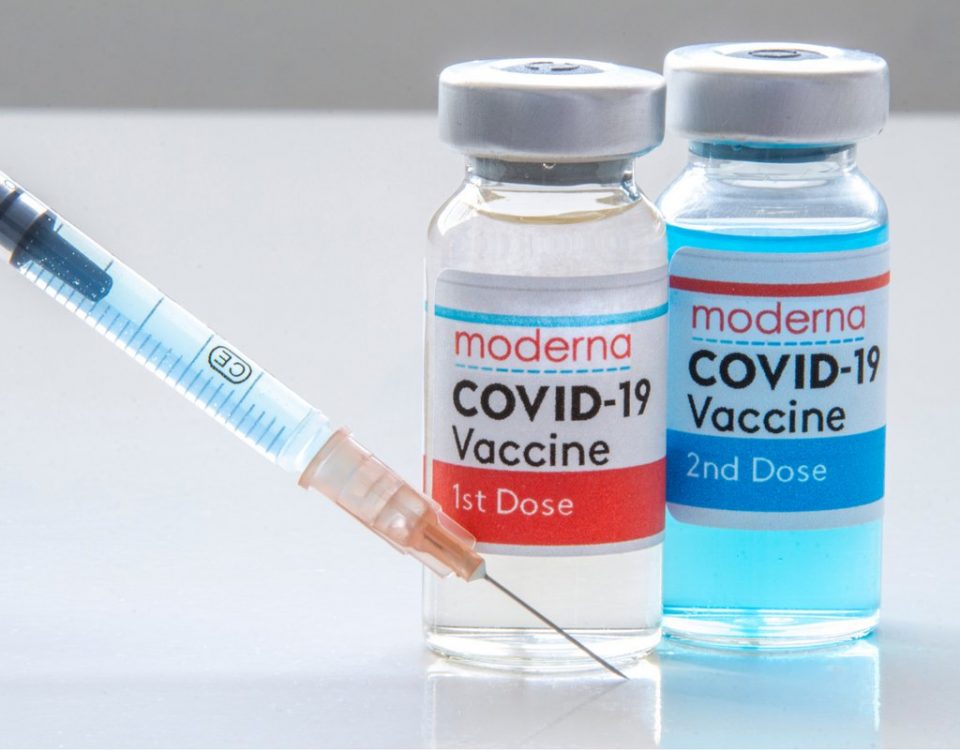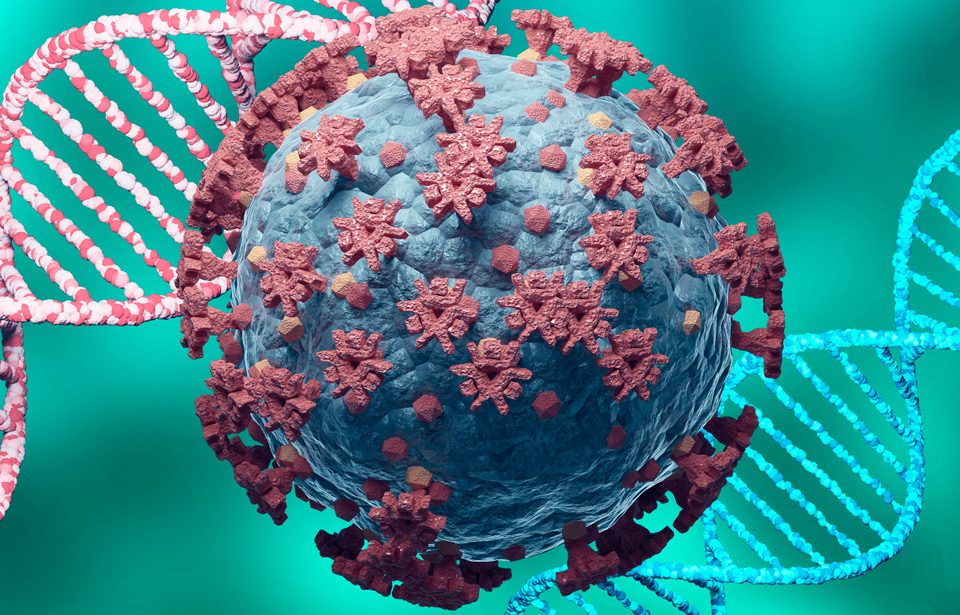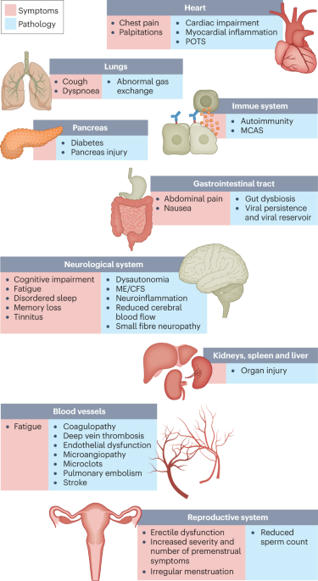Pharmageek
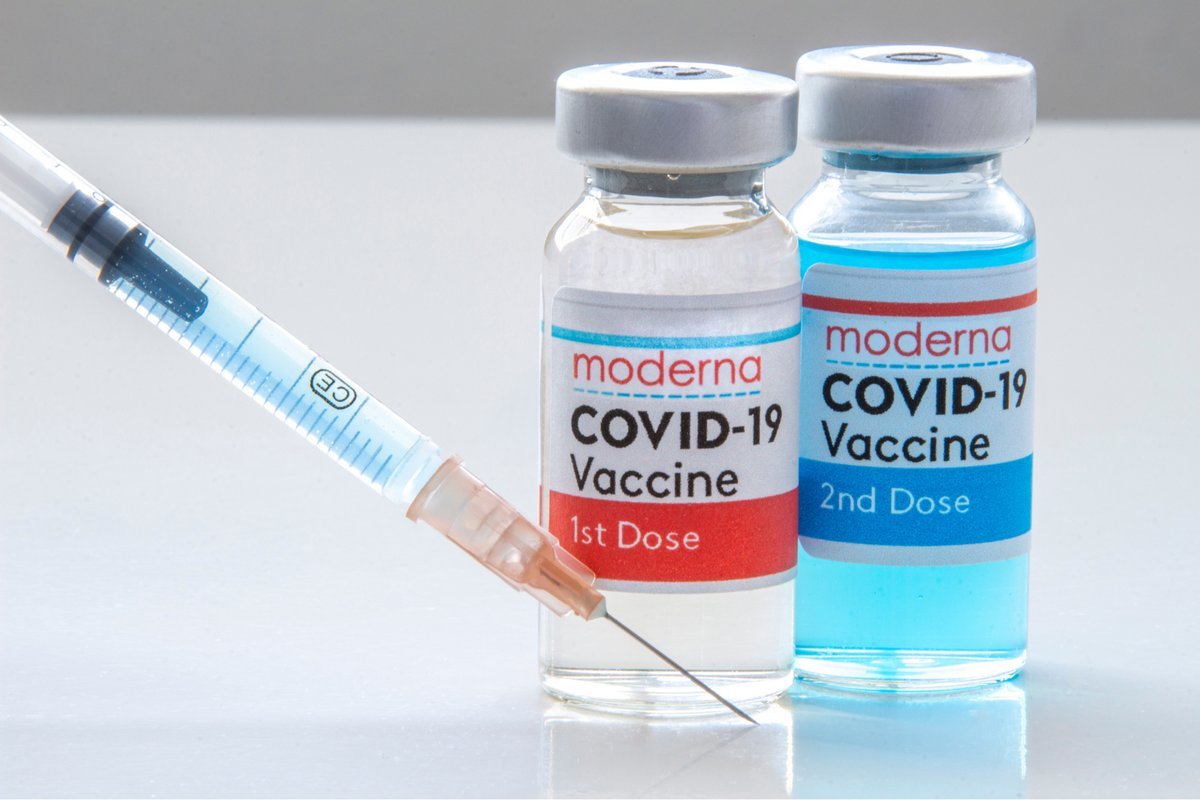
Les laboratoires pharmaceutiques à l'origine des vaccins contre la COVID-19 auraient expressément demandé au réseau social Twitter de réduire au silence les activistes qui appelaient au partage des brevets avec le reste du monde.
Lire l'article complet sur : www.clubic.com
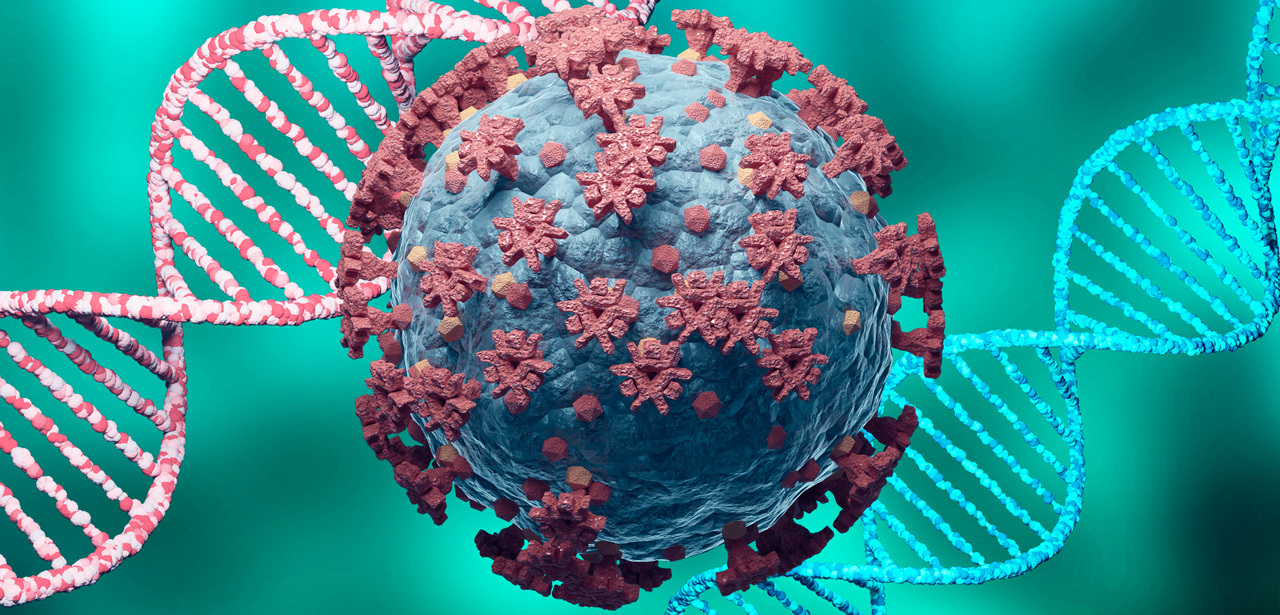
Depuis le 1er janvier 2023 et avec la fin de l’état d’urgence sanitaire, Emergen évolue et adapte sa surveillance pour l’identification des variants émergents sur le territoire. Notre expert, Bruno Coignard
Lire l'article complet sur : www.santepubliquefrance.fr
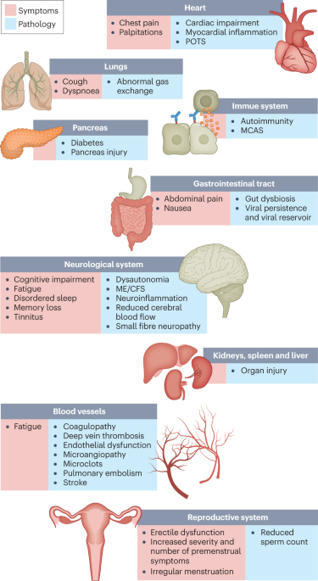
Long COVID is an often debilitating illness that occurs in at least 10% of severe acute respiratory syndrome coronavirus 2 (SARS-CoV-2) infections. More than 200 symptoms have been identified with impacts on multiple organ systems. At least 65 million individuals worldwide are estimated to have long COVID, with cases increasing daily. Biomedical research has made substantial progress in identifying various pathophysiological changes and risk factors and in characterizing the illness; further, similarities with other viral-onset illnesses such as myalgic encephalomyelitis/chronic fatigue syndrome and postural orthostatic tachycardia syndrome have laid the groundwork for research in the field. In this Review, we explore the current literature and highlight key findings, the overlap with other conditions, the variable onset of symptoms, long COVID in children and the impact of vaccinations. Although these key findings are critical to understanding long COVID, current diagnostic and treatment options are insufficient, and clinical trials must be prioritized that address leading hypotheses. Additionally, to strengthen long COVID research, future studies must account for biases and SARS-CoV-2 testing issues, build on viral-onset research, be inclusive of marginalized populations and meaningfully engage patients throughout the research process. Long COVID is an often debilitating illness of severe symptoms that can develop during or following COVID-19. In this Review, Davis, McCorkell, Vogel and Topol explore our knowledge of long COVID and highlight key findings, including potential mechanisms, the overlap with other conditions and potential treatments. They also discuss challenges and recommendations for long COVID research and care.
Lire l'article complet sur : www.nature.com

Premier site français d'information en continu sur les technologies de l'information et de la communication (TIC, NTIC) dans la santé - TICsante
Lire l'article complet sur : www.ticsante.com


